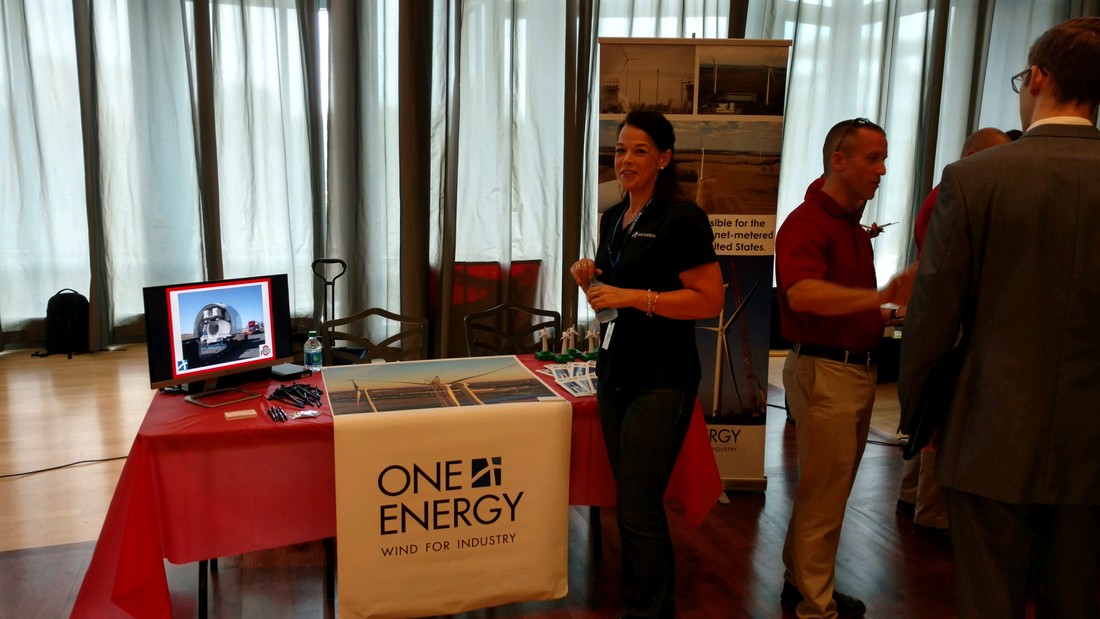One Energy is on a trajectory to become a unicorn company and part of our responsibility for being a company on that track is to study what makes unicorn companies so successful.
The week’s post is on Opendoor. See below for the text as well as link for pdf of the review by Jeff Shrader.
Unicorn Research:
OPENDOOR COMPANY SNAPSHOT
Facts and Figures
- TOTAL DISCLOSED FUNDING: $300 million; initial funding, started with $10.0 million in 2014
- FINANCING:$500 million in bank debt to purchase real estate
- INDUSTRY: Residential real estate market
- SELECT INVESTORS: Access Industries, GGV Capital, Khosla Ventures
- WEBSITE: www.opendoor.com
- ESTIMATED ANNUAL SALES: 2015 – $50 million projected $200 million in 2016
- FOUNDED: 2014
- FOUNDER AND CEO: Keith Rabois and Eric Wu
- NUMBER OF EMPLOYEES: 100+
Company Background
Keith Rabois, a long-time Silicon Valley investor and executive, had an idea for a company that would be similar to the blue book valuation company for used cars, but for homes. He would instantly be able to value an individual home and offer a fair market price, taking the emotions out of the process and making selling your home hassle free. Keith’s idea for Opendoor began in 2003. Fast forward to 2014, Keith met Eric Wu, they formed a relationship, and Eric became the CEO of Opendoor, now making Keith’s dream a reality.
Opendoor is one of the newest Unicorn companies. They are unlike a lot of unicorn companies that are software-based. Opendoor buys and sells home and actually holds “hard assets,” which some would say is much riskier than other unicorn companies. They started in 2015 in the Phoenix Arizona market and have since moved into the Las Vegas, Dallas/Fort Worth, and Atlanta markets. While there are other companies that try to connect buyers and sellers (like dating websites) Opendoor participates on both sides of the “dating process,” buying the home, fixing it up, and then selling it. Their mission is “We believe in a better home buying and selling experience.”
How Does It Work?
- Step 1: Log on to their website as a seller and answer a questionnaire about your house.
- Step 2: Wait for an estimate to come back on the valuation of your home.
- Step 3: Accept or decline the offer. If you accept, Opendoor will come out to inspect the homes and to verify the condition of the home. If there are no discrepancies to the condition of the home, the home-purchase contract is finalized.
- Step 4: Move to closing. Closing can occur as fast as 3 days or up to 60 days.
- Step 5: Opendoor puts home on the market (average holding period to date is less than 90 days)
Opendoor charges the normal realtor fee of 6% of the offer price. In addition to this realtor fee, they also add a “risk fee” that has been averaging another 2.0% depending on factors like market conditions. Opendoor is also getting in the mortgage brokerage business. They see this as a way to speed up the home-buying process and another revenue source.
The management team of Opendoor is unique with a very diverse background in experience and expertise. The team hiring has been a key strategic play and has propelled Opendoor’s growth and success rate to date. The CEO Eric Wu is now on his third startup venture. He recently hired Gautam Gupta as the COO of the company. Gupta comes from Uber where he was in a finance role. Wu’s director of IT, Ian Wong, built the fraud detection program for the payment system, Square. He was Square’s first data scientist. As Wu was developing the valuation software for Opendoor, he hired 18 data scientists and programmers who were very experienced and worked for other startup companies. Today, the company has over 100 employees who are inspired to be the best they can be – from those I have mentioned to the associates who interact with sellers and buyers of homes on a daily basis. The company was built on putting the right people in the right seat of the bus. Thus far, Wu’s team is driving the company to success.
One Energy’s Takeaways
Being disruptive
Open door is being disruptive to a very traditional service business: the real estate market. A seller either had to sell their home by the For Sale by Owner method or hire a real estate agent. Opendoor is giving both the seller and buyer a different option. Thus far, about 30% of the sellers who go through the process accept Opendoor’s offer. Like the real estate market, large industrial energy users traditionally had very little choice in how they bought their electrons. One Energy is being disruptive in the market place offering 20-year fixed-rate kWh pricing to our clients. There are no other electricity providers doing this. Wind for Industry® is changing the way of delivering electricity to industrial users.
Management team experience
As I learned more about Opendoor’s management team, it became obvious this might be the biggest difference I notice between One Energy and Opendoor. I would make the comment “been there done that” to describe the team Eric has built. They all have come from previous startup companies or have started one themselves (Square, Google, BlackRock, Uber, Rentadvisor.com, PayPal to name a few). I believe Opendoor’s team experience has propelled them much more quickly than most startup companies. They have “street cred” with not only attracting talented employees, but also from those who have the gold (aka the startup capital, which was so badly needed). One Energy’s team to date lacks that expertise and knowledge. We have been able to “muscle our way to success” with the will of our employees. However, it may make sense to look for candidates with more experience as we hire more employees to expand our team. One Energy has started to do this with our tech team; hiring those with field experience will prove to strengthen the team we have today, as we move to self-performing mode.
Paying attention to detail
Like One Energy, Opendoor must pay attention to details, or they can risk losing a lot of money. They can’t be wrong as they assess the market value of the homes they are buying. They must analyze and take into consideration the market where they are buying homes. One Energy can’t be wrong as we do our analyses of projects. From the WRA, siting models, FAA, and all the other related analyses that go into evaluating a project. Our return and revenue source depends on getting it right, just like Opendoor. Delivering on what we promise is equally as important as we serve our client base. Opendoor wants to make the home selling and buying process “hassle free.” One Energy is doing the same for Wind for Industry®.
Competition
Opendoor is the first company entering this space of selling and buying homes via a “blue book” methodology. They had to raise capital, hire the right people, and build a sophisticated software modeling program. Meanwhile, others are trying to catch up: Offerpad and Knock are two competing companies trying to catch up and Zillow has begun a pilot program as well. To date, One Energy has no direct competition in the utility scale wind turbine sector. As we have said, “We are too small for the big wind developers to worry about us, and too large for the small wind turbines to enter our market.” There are companies playing in the smaller generator market (under 1.0 MW) and of course we compete with other renewables.
Opendoor is the one of the newest companies to be recognized as a unicorn company. Their model for the new kind of tech company startup has been deemed the “Fat Startup.” These startups are fat: with capital, with being disruptive in the traditional market, with having grand ambition, and with having a little hubris…sounds like One Energy today.
SOURCES
https://www.opendoor.com/
https://www.nytimes.com/2017/05/24/technology/opendoor-start-up-home-sales.html?mcubz=0
https://www.bloomberg.com/news/articles/2016-11-30/opendoor-s-home-flipping-business-becomes-the-latest-unicorn-startup
https://www.forbes.com/sites/amyfeldman/2016/11/30/home-shopping-networkers-opendoor-is-upending-the-way-americans-buy-and-sell-homes/#2754a6b8430c




 RSS Feed
RSS Feed